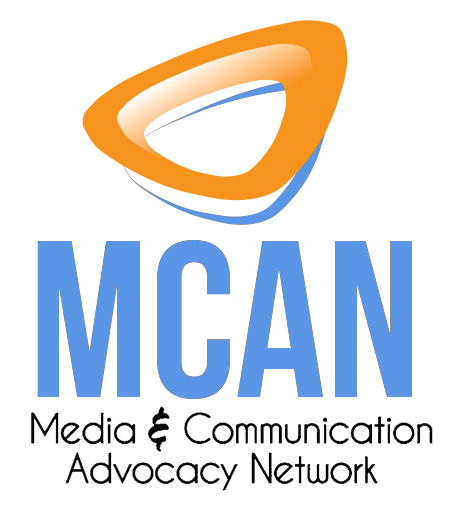In addition to the myriad of problems Persons Living with Disabilities (PWDs) in Ghana face, they also have to deal with the challenges of accessing reproductive health services, including family planning.
This is because most of these services can only be obtained from health facilities, majority of which are not disability friendly.
Their frustration to exercise their reproductive health rights is worsened by the stigma that PWDs already experience when accessing family planning and reproductive health services due to the judgemental attitude of health workers.
The situation has been reported to be worsening the country’s situation of unmet contraception needs as female PWDs who need family planning services are reluctant to access the services.
Confirming these challenges in an interview with the Daily Graphic, the Vice President of the National Association of People with Physical Disabilities, Mr Mohammed Seidu Chantimah, expressed concern that for many years the state had not given priority to the needs of PWDs, particularly regarding their reproductive health.
Challenge
He indicated that although people with disabilities needed family planning education, commodities and services, access to the health facilities to get them remained an age-long challenge he feared might not end soon.
“The fact that a person is a PWD should not stop him or her from enjoying his or her sexual or reproductive health needs or rights such as the right to sexual relationship or even have children,” he said and added that “similarly, not all of their sexual encounters should result in pregnancies or child birth but the current situation leaves most of them with no choice but to have unplanned for pregnancies and children.”
“We need to be empowered with information and have access to the services to make informed choices like any other human being,” he stated.
Mr Chantimah said because the state had failed to meet their family planning or contraception needs, a number of PWDs had unwanted or unplanned pregnancies.
Stigma
“Added to this,” he said, “is the poor reception at health facilities, a key deterrent for the PWDs who already have to struggle to be able to get into the structures housing the health facilities.”
He indicated that when they had struggled with the help of others to get to the health facilities, the health professionals treated them as though they did not matter.
“We know our situation so we get there early most of the time but all we are always told is to wait. We sit for hours as we watch them attend to people who come after us. And when we complain they make derogatory statements to us, especially the pregnant ones or those who have gone there for family planning services,” he said.
He said expectant mothers with disabilities were often asked questions such as ‘who impregnated you’, you are not serious, and if you are you would not have time to get pregnant and so on.’
“The health professionals do not understand our need;, they don’t get it that our disabilities do not make us less human and, therefore, they need to treat us same as other clients and if possible give us a better reception,” Mr Chantimah said.
Train professionals
Mr Chantimah called on the government to train health professionals who would cater solely for the needs of PWDs.
He also called for the appointment of PWDs into public decision making capacities to ensure that their socio-economic needs were adequately catered for.
He further applauded some non-governmental organisations that were making a lot of efforts to bring these services to their doorstep.
“Our needs are many and they can only do much but the responsibility lies with the state to help PWDs get access to family planning services,” he said.
Unmet need
Commenting on the issue, the UNFPA Country Representative, Mr Niyi Ojoulape, emphasised that unmet contraception needs of all sections of the population, particularly people with special needs, should be streamlined in the national family planning discourse.
“Access to safe, voluntary family planning is a human right. Family planning is central to gender equality, equity and human empowerment, and it is a key factor in reducing poverty,” he said.
The world’s governments have agreed that the path to sustainable development for the next 15 years must be built on a foundation of equality, inclusiveness and universal enjoyment of rights, he stated.
“This is why the United Nations did not mince words in saying that the delivery of the SDGs should leave no one behind, including the PWDs. Equity is the watch word,” Mr Ojuoulape added.
He called on the government to accelerate the implementation of the national policy to make all public buildings disability friendly.
By Doreen Andoh, Accra
[email protected]

